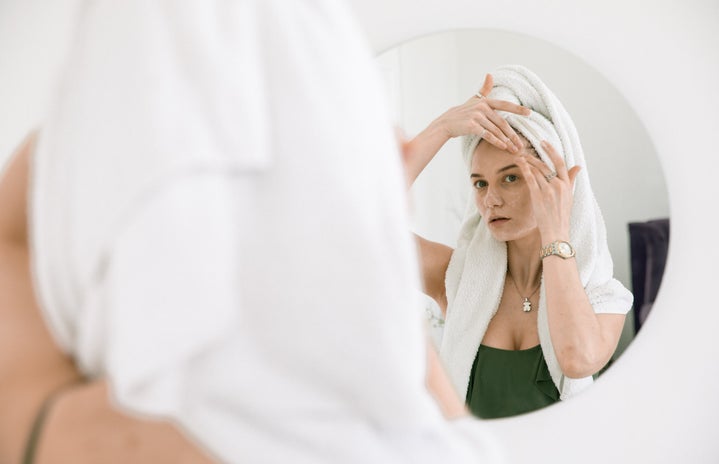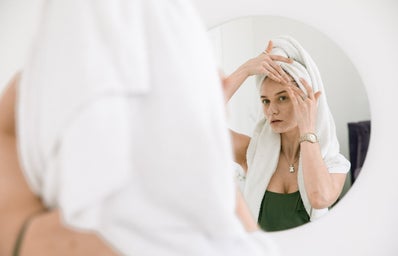As we officially mark one year since the pandemic began, it’s pretty clear that what used to be the “new normal” is now just plain old normal. Throughout the past year, the COVID-19 pandemic has reminded us all of the importance of taking time for yourself and prioritizing mental health. Last March, taking mental-health days quickly became more common in direct contrast to the constantly in-motion, on-the-go lifestyle we were so accustomed to pre-pandemic. But now that we’ve had a whole year to get used to and cope with the public health crisis, do we really need as much self-care as we tell ourselves we do?
The great thing about self-care is right in its name – caring for yourself. It allows us to take a step back from the stresses of daily life and focus on our own personal needs. By definition, it’s the practice of taking an active role in protecting one’s own well-being and happiness, in particular during periods of stress. The key phrase being, during periods of stress. Seeing as this entire pandemic is synonymous with stress, it makes sense that self-care nights have seen a sharp increase in the past year.
The issue with this uptick in self-care is that it has inadvertently led to the justification of nonproductive days as “self-care days”. We may not realize it, but mental health is quickly turning into an excuse. Ask yourself: how often do you shirk homework for the day in the name of self-care? And how often do you actually feel like your mental health has been reset and improved afterwards? Taking more and more self-care days is becoming a subliminal form of self-sabotage. Whenever the to-do list for the day is a little too long, it’s easier to just tuck it away and say “You know what, I’m going to take a self-care day today” because we know that a self-care day means not doing any work or anything remotely stressful.
Granted, whenever we feel overwhelmed by homework or other stressors, it’s common to shut down and avoid it all. But as a result, self-care’s primary purpose has shifted from actually focusing on mental health to not focusing on stressors. Self-care days no longer exist to remind us to take care of ourselves but rather to allow ourselves to escape the constant stress and weight brought on by life during the pandemic. Gone are infrequent treats in the form of a day for oneself and in its place is a culture of procrastination and avoidance.
So where do we draw the line? When exactly does self-care become self-sabotage?
The answer lies in the frequency and necessity of our self-care days. Do we really need a self-care day every week? Probably not. Is it nice to think that we need one every week? Definitely, especially when avoiding homework and everyday stress. But when self-care days and spa nights take away from our productivity and only leave us more stressed than when we began, that’s when it becomes an issue. Self-care becomes self-sabotage when we choose to use it as an excuse instead of a necessity or a reward. A good mindset to try to get into is to consider self-care a little treat to yourself. Instead of, “All of these things are stressful, therefore I news to de-stress.” think more along the lines of, “I’ve done all of these things recently and I am mentally tired so I am going to take the time to reset so I can continue to be at my best.” The line is blurry, but it’s there. And it’s hard to see it clearly sometimes.
So before your next self-care night, ask yourself: do I need this, or do I just want to avoid my work?



